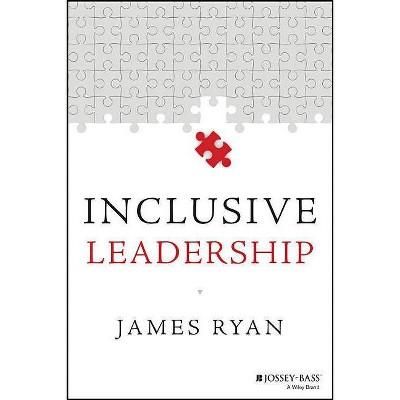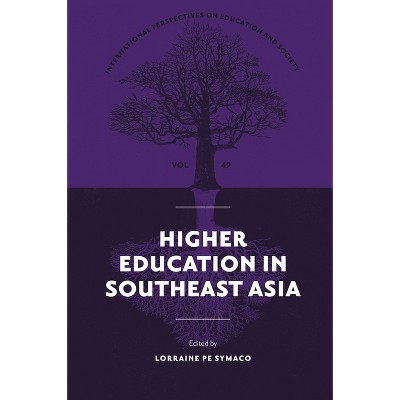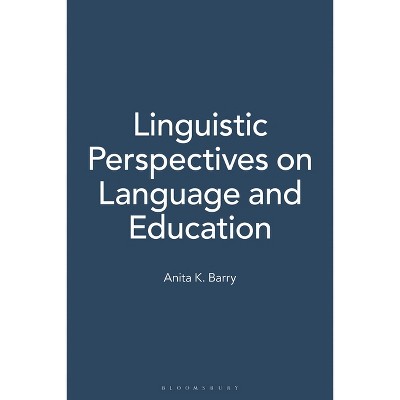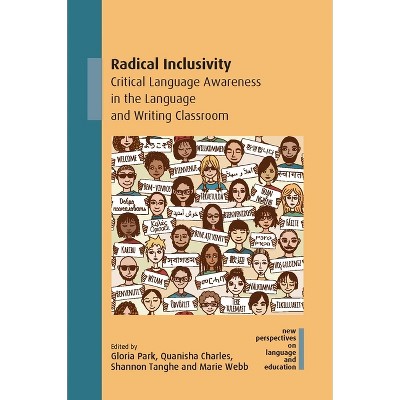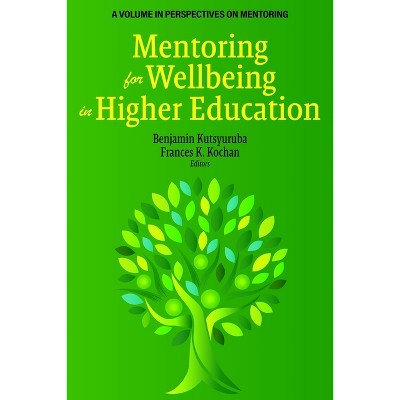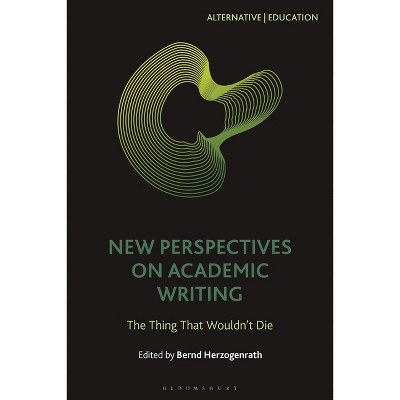Intercultural and Inclusive Education in Latin America - (International Perspectives on Inclusive Education) (Hardcover)

About this item
Highlights
- Quality education is a human right and all individuals and peoples regardless of their social, ethnic, personal, economic, gender, or religion, should be able to participate and engage in productive and lifelong learning.
- About the Author: Silvia Romero-Contreras is Professor at the Universidad Autónoma de San Luis Potosí, Mexico; former advisor to the National Project for Educational Integration in México and academic coordinator of the Inclusive Education Teacher Training Graduate Program in Paraguay.
- 288 Pages
- Education, Inclusive Education
- Series Name: International Perspectives on Inclusive Education
Description
About the Book
This volume explores the ways in which intercultural and inclusive education have been addressed in Latin America through small, local, or nation-wide programs to improve peoples' experiences regarding diversity, such as racism, classism, meritocracy, and redefines the priorities to advance on the quality of education for all.
Book Synopsis
Quality education is a human right and all individuals and peoples regardless of their social, ethnic, personal, economic, gender, or religion, should be able to participate and engage in productive and lifelong learning. This volume explores the ways in which intercultural and inclusive education have been addressed in Latin America through small, local, or nation-wide programs to improve peoples' experiences regarding diversity, such as racism, classism, meritocracy, and redefines the priorities to advance on the quality of education for all.
Key international authors contribute chapters on the history, status, and challenges of intercultural and inclusive education in a specific country or region in Latin America. Intercultural and Inclusive Education in Latin America: Trajectories, Perspectives and Challenges focuses on the history and advances in public policies, teaching practices, educational programs, as well as new methodologies and theoretical perspectives to understand the Latin American context and offer culturally appropriate alternatives to respond to old and emerging socio-educational needs.
Providing a unique convergence of multiple perspectives, this collection incorporates diverse epistemologies, research approaches, and intervention practices, across a variety of educational and social contexts in the Latin American region.
About the Author
Silvia Romero-Contreras is Professor at the Universidad Autónoma de San Luis Potosí, Mexico; former advisor to the National Project for Educational Integration in México and academic coordinator of the Inclusive Education Teacher Training Graduate Program in Paraguay.
Ismael García-Cedillo is Professor at the Universidad Autónoma de San Luis Potosí, Mexico. He directed the National Project for Educational Integration in México and the Inclusive Education Teacher Training Graduate Program in Paraguay.
Luz María Moreno-Medrano is the Director of the Research Institute for Educational Development (INIDE) at the Universidad Iberoamericana in Mexico City. She is the Mexican coordinator of the international project of Schools as Learning Communities.






